In the wake of
the passage of Proposition 8, gays, lesbians, and
allies have expressed a range of emotions including
anger, sadness, enthusiasm, defiance, and
determination. When more than a million protesters
marched on the U.S. Capitol and City Halls all across
America on November 15, it became clear that a new
generation of activists is clamoring for progress.
Since Election
Day, many of the "us'es," as Harvey Milk would
say, have been searching for clarity on why we suffered a
close loss at the ballot box on Prop. 8. These
discussions walk a fine line. With emotions high,
suggestions, criticism, and questions somehow seem out of
bounds. Meanwhile, the "us'es" continue to wait for
insight from those who are perhaps most able to offer
it: the executive committee of Equality for All.
Geoff Kors, the
leader of Equality California, has vowed to put a repeal
of Prop. 8 on the ballot in 2010. Presumably, our community
will once again be called on to fund such an
effort. With the ever-increasing cost of running such
campaigns, we could be collectively tasked to give and
raise $35 million or more for the next campaign.
Accordingly, Mr.
Kors, the executive committee, and others with a seat at
the table owe us full disclosure of the decision-making
process that was employed throughout the 2008 campaign
as well as the perspectives and lessons they
have gleaned as a result. It's not about
playing a blame game. It's about taking stock of what
was learned and understanding how 2010 will be
different.
I've been
in activist meetings in both New York and Washington this
month. The dynamics are amazing, and I've realized
our movement is very quickly becoming a "bottom-up"
movement, one where accountability will be demanded at
the most grassroots level.
Thousands of
activists are meeting around the country each month to plan
activities to advance full civil equality for LGBT people.
They have no interest in being told what to do. They
believe this movement and our fight should be waged in
the streets, on the Internet, on the phones, in our
neighborhoods, on college campuses, at our workplaces, and
anywhere else we can tell people our stories and
demand that the law treat us the same as anyone
else.
The last place
they think our fight should be waged is in the backroom,
because such a fight lacks accountability. While that
may sound like an insinuation that No on 8
leaders acted in bad faith, it isn't. The
backroom has limited space at the table, and that goes
against the nature of this new generation of
activists.
So far, the
transition of President-elect Barack Obama has been far more
transparent than our own movement. Visit Change.gov to see some of the innovative
ways Obama is offering online access to members
of his transition team, cabinet designates, and senior
staff appointees. Obama's administration is also
giving unprecedented access to policy documents from
meetings dealing with the transition, among other
things.
The executive
committee of Equality for All should take a cue from our
president-elect, for both their own good and that of the
movement. Openness is a good thing. Feedback and
discussion breed better and stronger ideas and
strategy. When we remember to listen, we often
surprise ourselves at what we learn. When I suffer a
stinging personal loss, I'll ask for
advice from just about anyone who's talking.
Instead, there
has been mostly silence from the executive committee. What
little discussion has taken place has been limited in scope
and has offered very little insight. Wanting to know
what mistakes were made and what lessons were learned
isn't about assigning blame and pointing
fingers. It's about collectively finding a path to
winning the war.
It's also
in Equality for All's own best interest -- as well as
the movement's -- to do a full accounting of winning
and losing strategies for the sake of our donor base.
In addition to the countless low-level donors, there
were many who gave till it hurt. Then there
are the really major donors. Would Bruce Bastian really
pony up another million bucks for a 2010 repeal
initiative?
What
about the David Geffens of the gay world? Geffen has a
capacity like few others to fund a ballot campaign.
Presumably he was asked to do so. Yet he gave modestly
for someone of his wealth. Why? He was reportedly very
disappointed over the loss in the 1998 Hawaii amendment
campaign, in which he invested heavily. This may have played
a role in his limited support for the Prop. 8
campaign. Geffen gradually increased his giving in the
final days of the campaign. That may indicate he had
a belief that it could be defeated, setting him up for
another major disappointment. Unless there is a game
changer, I wouldn't expect Geffen to lead the way on
major giving for another campaign. Can we afford this?
I wonder how many
others there are like him. We need a game changer. The
executive committee members of Equality for All and our
national organizations rolling up their sleeves,
putting it all out on the table, opening up our
movement, and working side by side with grassroots
organizers may be just what we need. Together, we make
each other better -- and that is how we will win
the war.












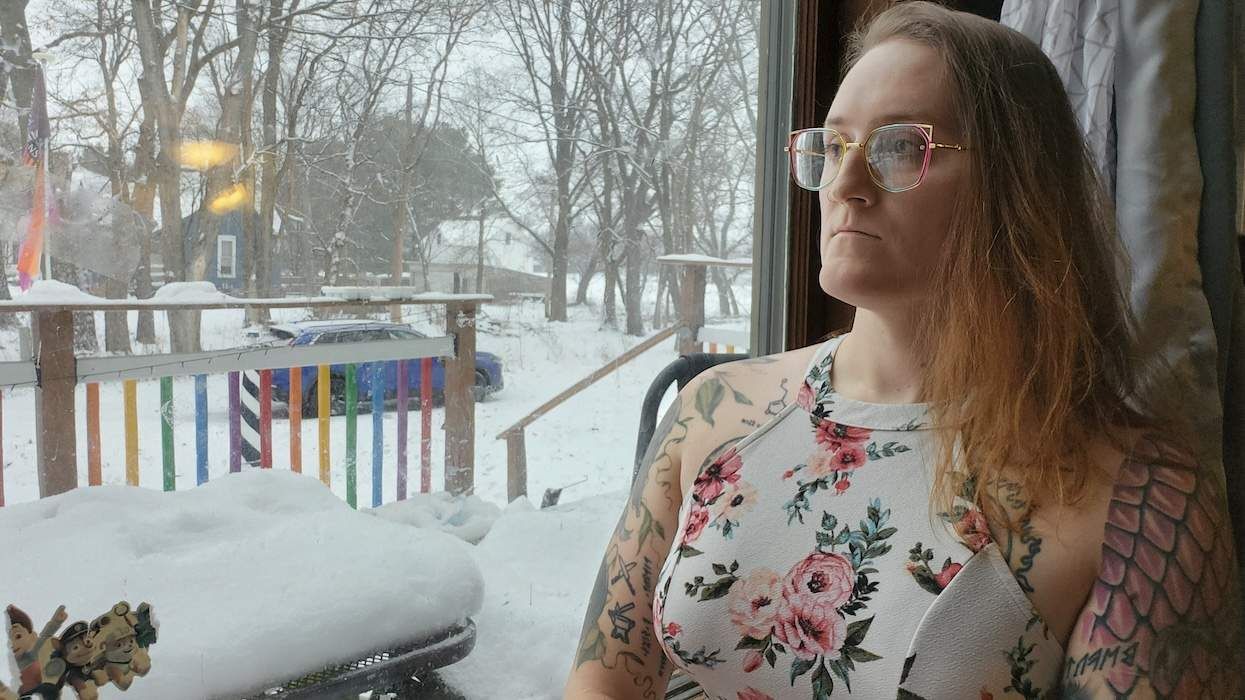

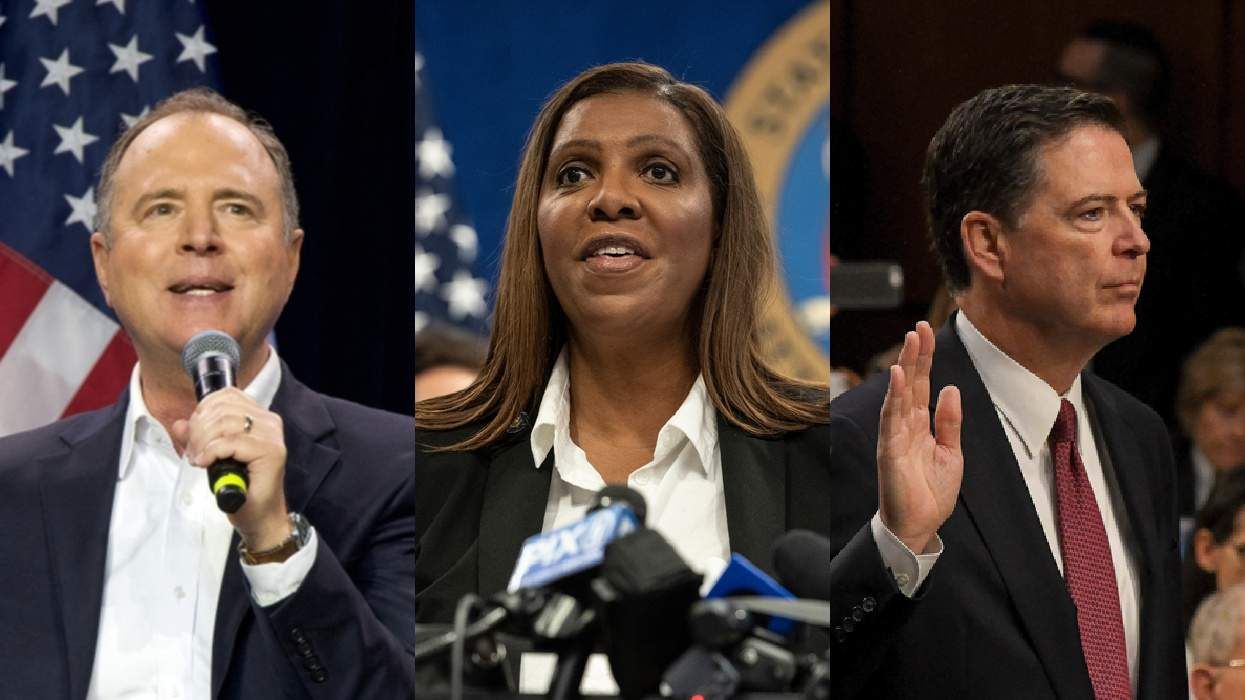

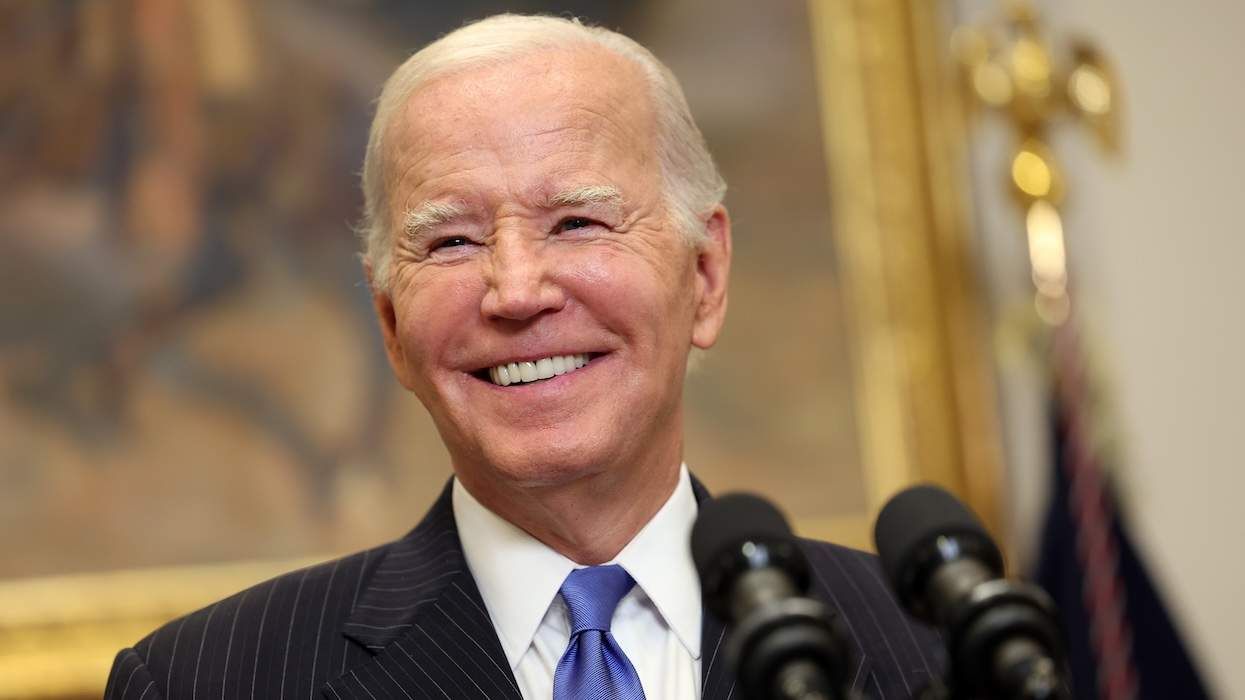
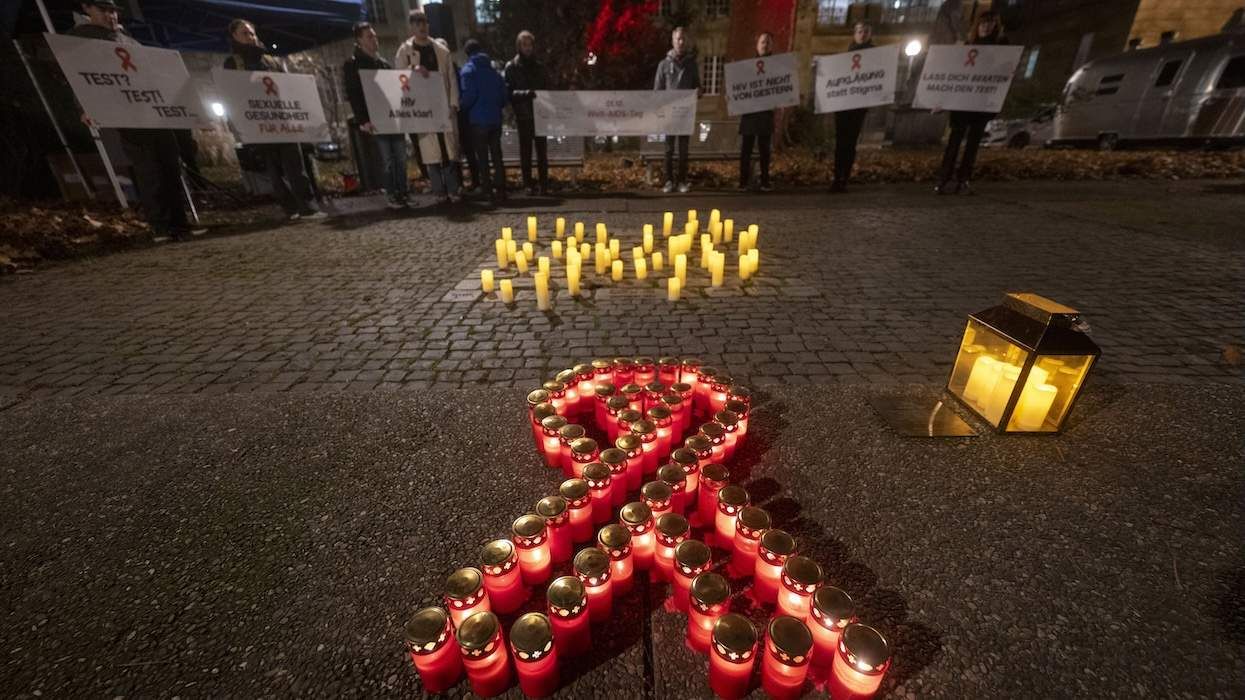



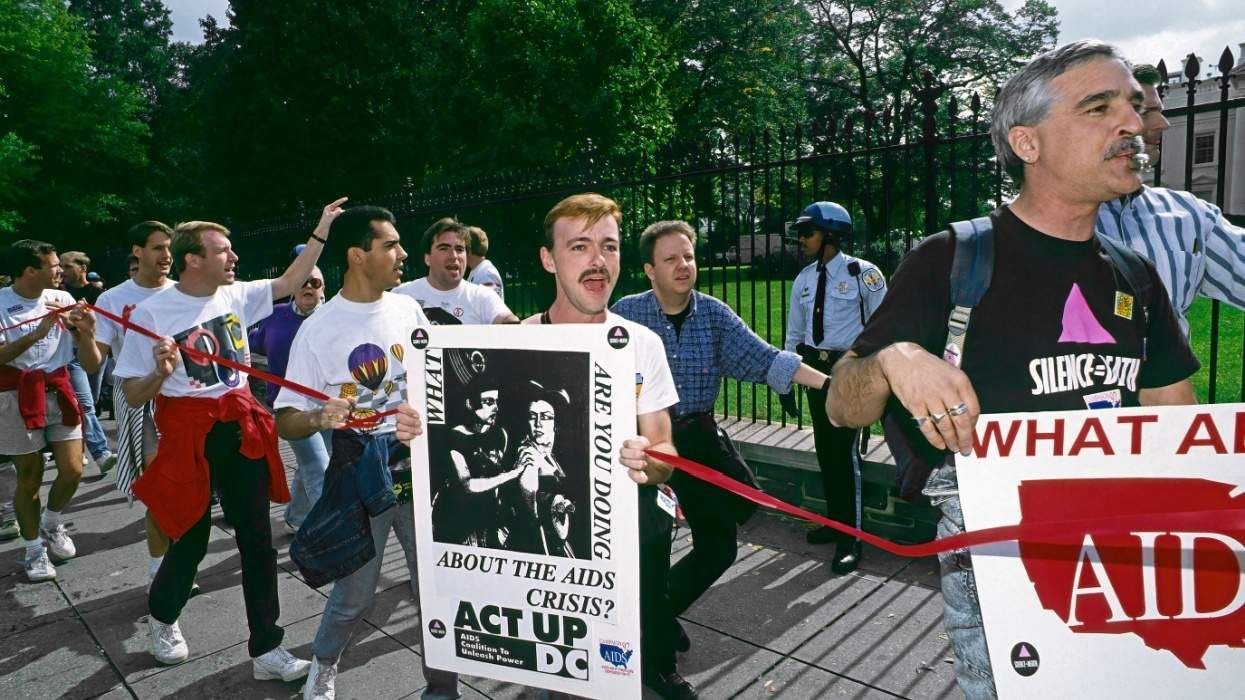

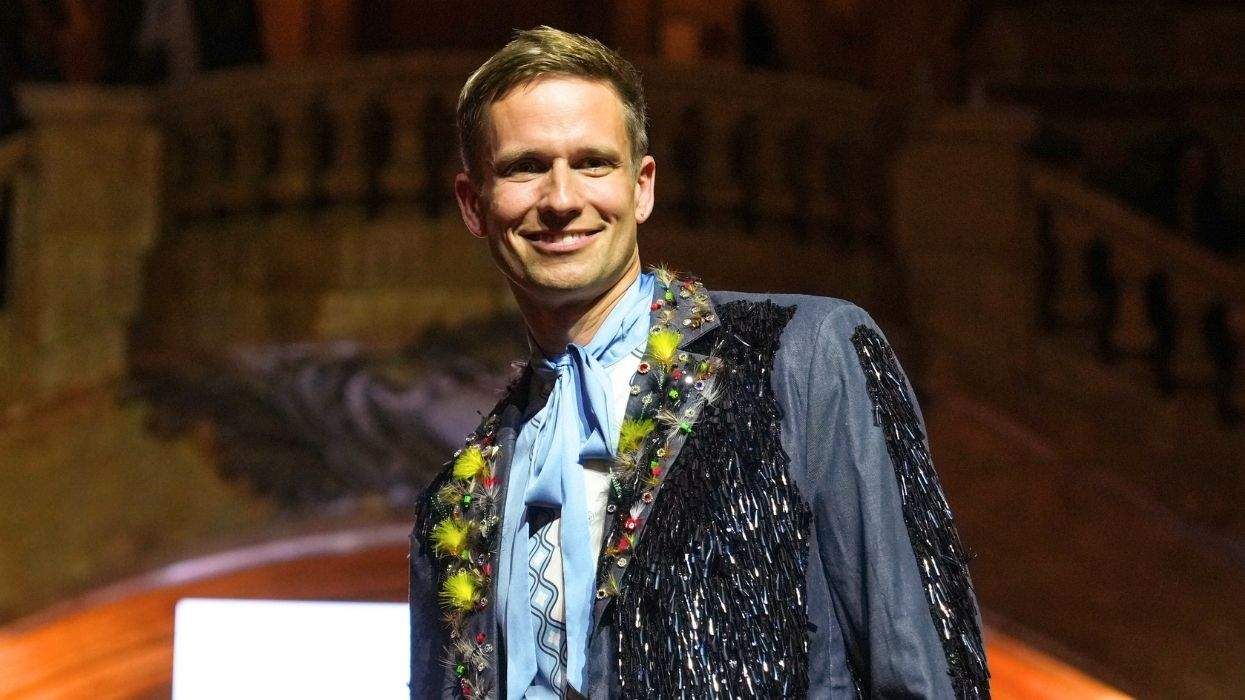
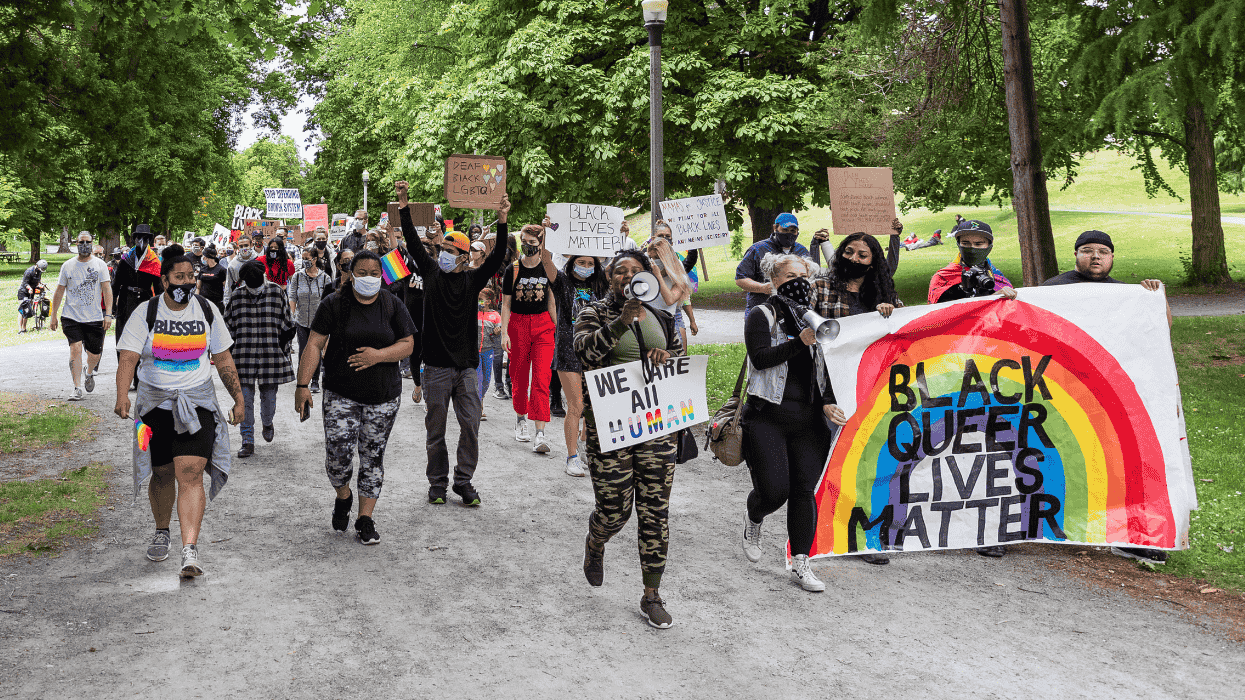
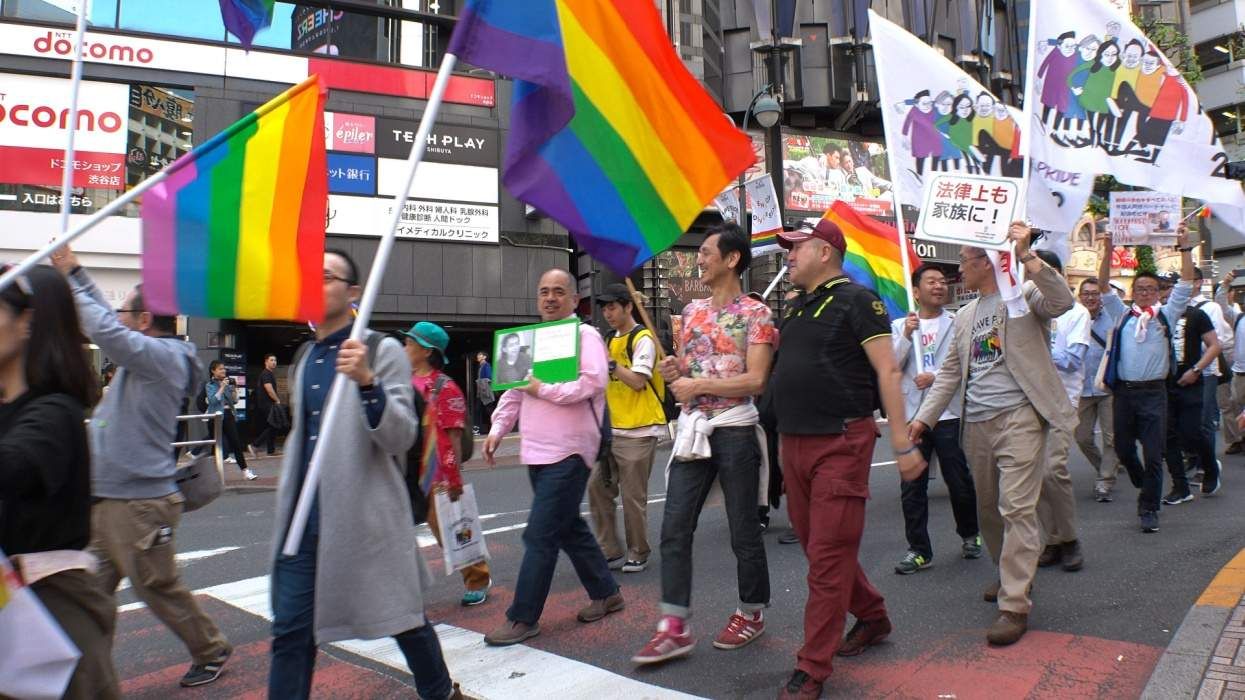

















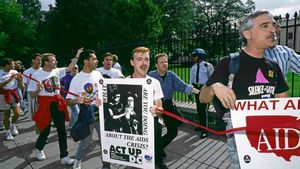
























Charlie Kirk DID say stoning gay people was the 'perfect law' — and these other heinous quotes